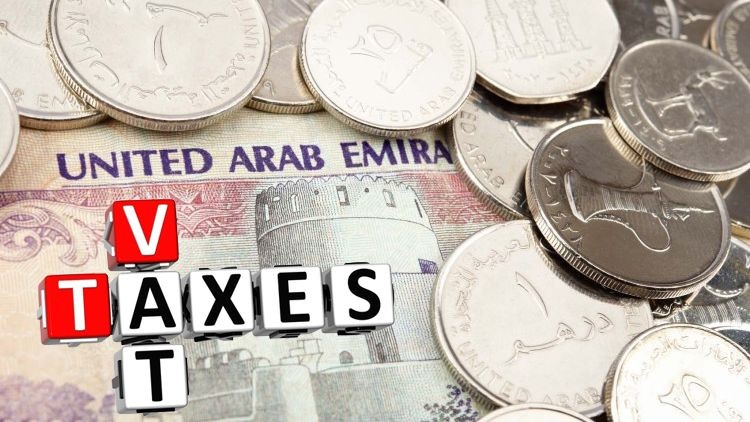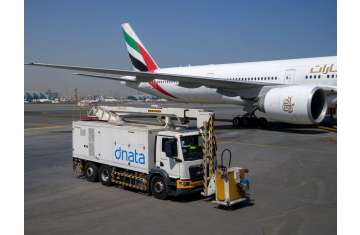Urgent
UNRWA warns of catastrophic impact of Gaza blockade
 8 killed, 20 injured in bus collision in Türkiye
8 killed, 20 injured in bus collision in Türkiye
 Eleven soldiers killed in Ecuador after clash with criminal group
Eleven soldiers killed in Ecuador after clash with criminal group
 Eco-friendly vehicles account for 81% of imported car sales in South Korea in April
Eco-friendly vehicles account for 81% of imported car sales in South Korea in April
 Abu Dhabi University hosts seventh Women in Engineering Forum 2025
Abu Dhabi University hosts seventh Women in Engineering Forum 2025
 A.R.M. Holding, BIG-Bjarke Ingels Group unveil Jebel Ali urban project
A.R.M. Holding, BIG-Bjarke Ingels Group unveil Jebel Ali urban project
 President of Uganda receives Abdullah bin Zayed
President of Uganda receives Abdullah bin Zayed
 China unveils broad measures to stimulate economy
China unveils broad measures to stimulate economy

 8 killed, 20 injured in bus collision in Türkiye
8 killed, 20 injured in bus collision in Türkiye
 Eleven soldiers killed in Ecuador after clash with criminal group
Eleven soldiers killed in Ecuador after clash with criminal group
 Eco-friendly vehicles account for 81% of imported car sales in South Korea in April
Eco-friendly vehicles account for 81% of imported car sales in South Korea in April
 Abu Dhabi University hosts seventh Women in Engineering Forum 2025
Abu Dhabi University hosts seventh Women in Engineering Forum 2025
 A.R.M. Holding, BIG-Bjarke Ingels Group unveil Jebel Ali urban project
A.R.M. Holding, BIG-Bjarke Ingels Group unveil Jebel Ali urban project
 President of Uganda receives Abdullah bin Zayed
President of Uganda receives Abdullah bin Zayed
 China unveils broad measures to stimulate economy
China unveils broad measures to stimulate economy











Comments